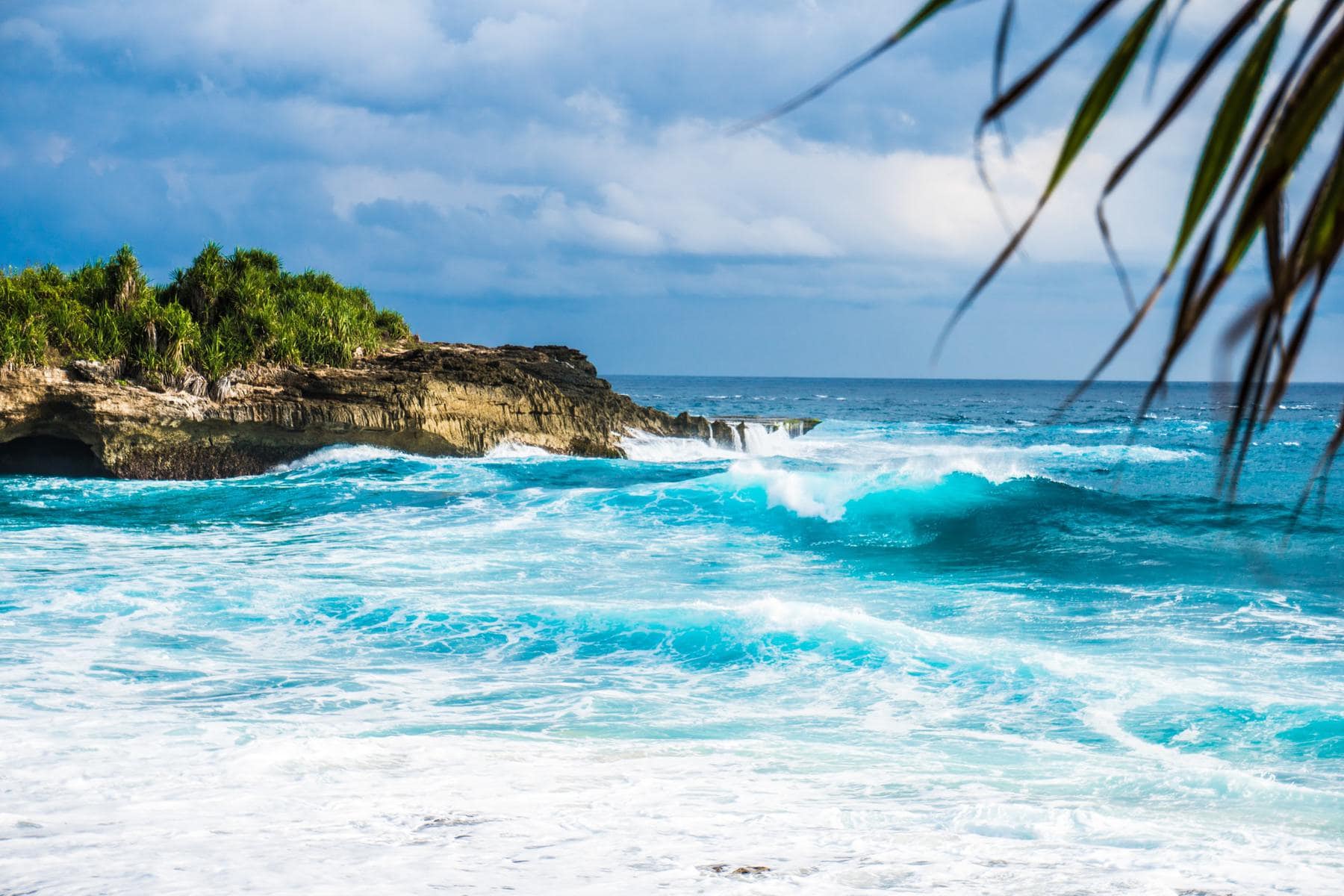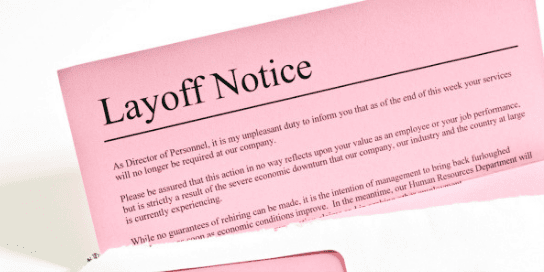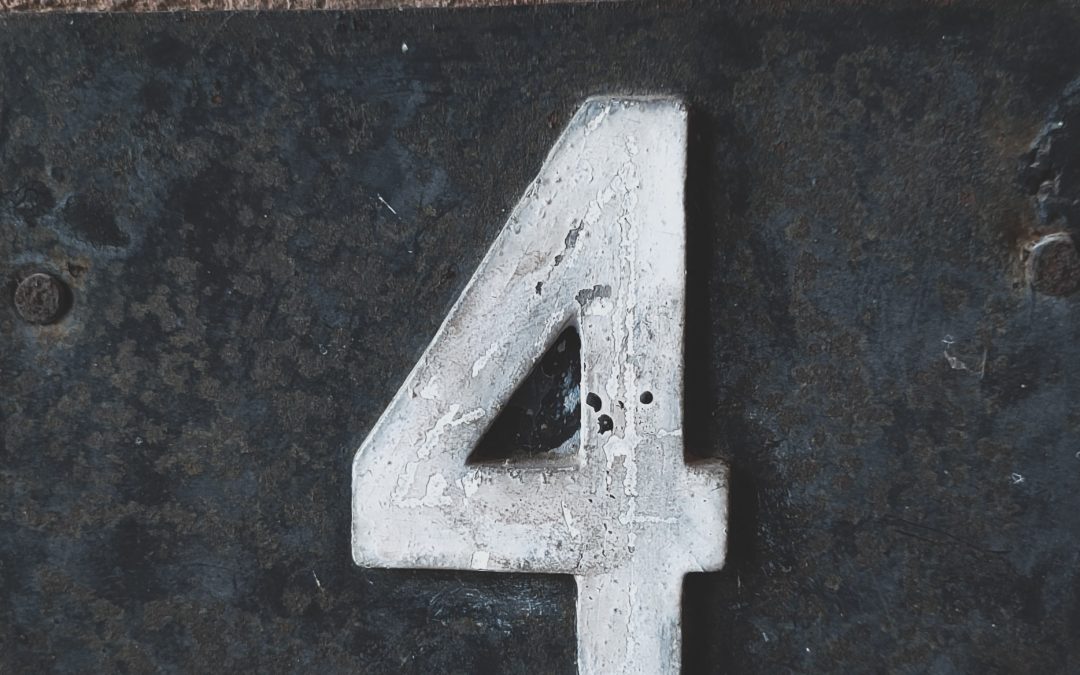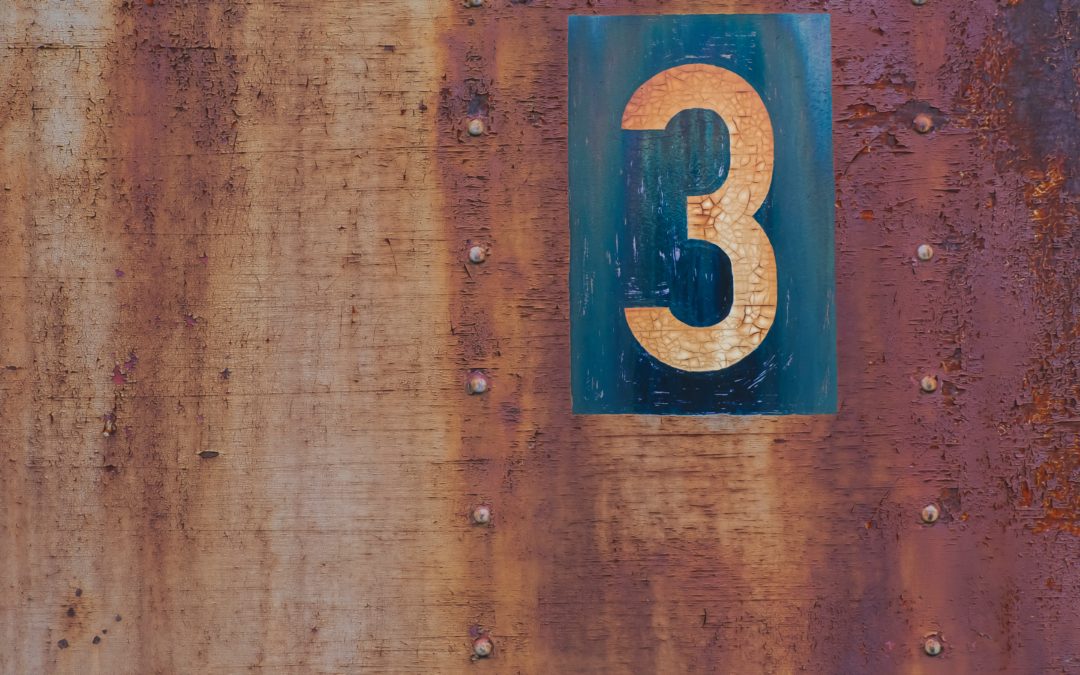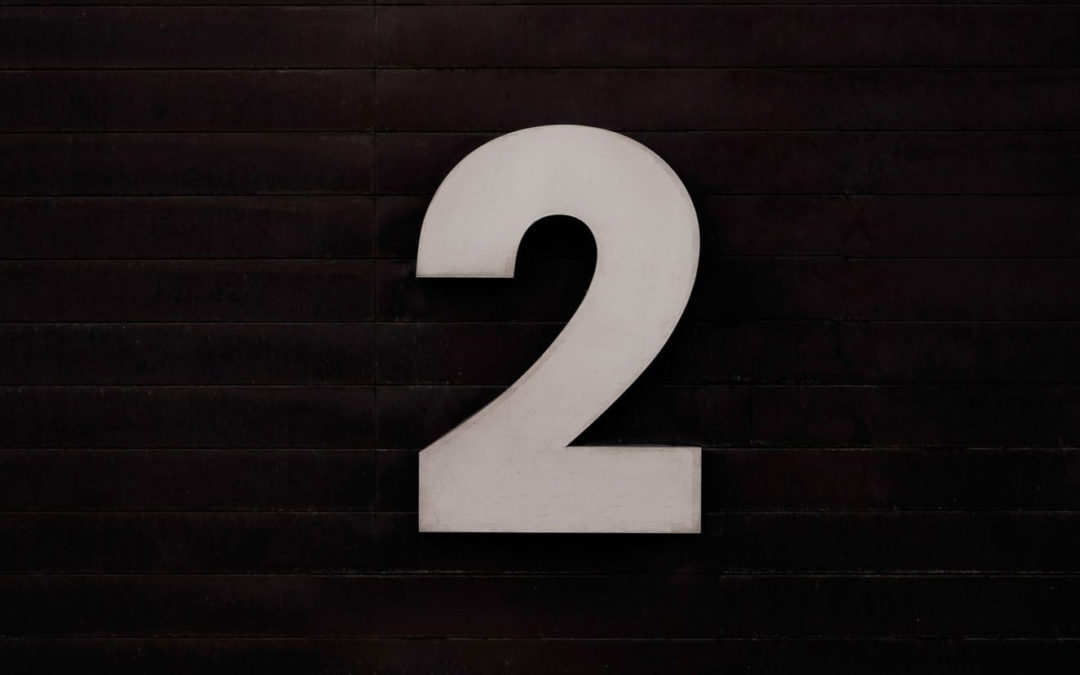AMA: Retiring at 40 & traveling the world full-time
No, it’s not some fairytale, it’s a reality for more and more people.
Including my friends Eric and Katie.
I’ve been intrigued with early financial independence and traveling the world before 40. So, I found Eric. He has one of the most undiscovered blogs on early financial independence: Bonus Nachos.
Eric and Katie. They. Did. It.
They are living their dream.
Traveling the world. Financially independent at 40. Their site is one of the best non-conflicted (there’s no bullshit to sell you) stories on what it’s really like to travel the world without a paycheck.
I love Eric’s writing (I’m frankly a little envious); plus, he worked at a travel company for four years as an accountant…
Could we ask for a better tour guide?
So, I asked him to write this as a guest post to questions I get all the time (mine too)
Eric you rock. Love you brother. You are such a huge inspiration to me, and helped change my life and thinking about what’s important. Thank you again so much. I will visit across the pond soon; wherever you are. Beers on me.
So, bury your fears, pick up your passport, and hit the airport.
Prepare for takeoff…
Q&A:
What is really “safe”, it’s hard to say America is a “safer” nation than many other “developing” countries with last year’s racial tensions, police brutality inducing rioting, and the capital being stormed, in addition to our nation’s response to COVID-19 versus other countries.
Do you feel just as safe, or safer in the areas you have traveled so far?
Why do you think people still have this perception in the west?
Where does that fear come from, and without traveling more internationally, what is the first step to confront this?
Eric:
” Early in our working careers, Katie and I lived in Chicago. At the time, it had one of the highest crime rates in the US, especially violent crime. But we didn’t feel unsafe while living there. This is mainly because most of the crime occurred in areas that we were unlikely to be in. It occurred between people who were at odds with one another.
As a tourist, you’re not going to be spending your time selling drugs, involving yourself in local politics, or hanging out in the poorest neighborhoods and shantytowns. These are the activities that get people in trouble and they are easy to avoid.
In Southeast Asia, where we’ve been since we retired, violent crime is quite rare. There’s plenty of pickpocketing and scamming going on, but you’re very unlikely to have a gun or knife shoved in your face. Most thievery is easy enough to avoid. I carry a money clip and my phone in the same front pocket of my shorts. In crowded places, I simply keep my hand in there. So I have contact with all of my valuables and still have a free hand to open doors or steady myself on public transit. Katie will wear her purse crossbody and have it zipped closed. She will also keep a hand on it as needed, keeping her other hand free.
Some places have more crime than others, so you may need to adjust your behavior as you move around. The precautions needed in Rio de Janeiro would be ridiculous to take in Osaka. Still, there are sensible precautions to take no matter where you travel to help avoid being the victim of crime. Most crimes are crimes of opportunity, so don’t give anyone the chance.
Don’t flash a lot of cash and don’t wear much, if any, jewelry. Don’t leave your phone sitting out on the table when you’re at the coffee shop, restaurant, or bar. Don’t walk down the street with your phone out either. If you need to check a map or make a note, stop what you’re doing and step to the side out of the way first. Staring at your phone while walking is an invitation for something bad to happen. And of course don’t walk around drunk, especially late at night.
One other thing to consider is the location of your rental. As mentioned above, in many cities crime can vary drastically by neighborhood. The reason that apartment you’re looking at is really cheap could be because it’s the only way to get people to rent in an otherwise undesirable location. If you’re unsure of what the neighborhood is like, use Google Street View to check out the surrounding areas. If you can’t tell, utilize the magic of the internet to ask someone that’s been there recently or lives there.”
Healthcare outside the U.S.
If I’m 40, what do I do about healthcare outside the U.S.?
What if I get sick?
What if I need to go to the hospital?
What do you use for insurance? Is there anything you wouldn’t recommend, or seen backfire?
Eric:
“Like most things, even inside the US, healthcare availability is going to vary by area. Some places are more developed than others. Bigger cities generally have more options than smaller towns. For most illnesses, going to the pharmacy is easier than going to the doctor. Many countries have more lax standards than the US on what’s available over the counter. And many also allow the pharmacist to issue you a prescription at their discretion, no doctor needed.
We haven’t had anything happen that was more serious than a pharmacy visit, so I can’t actually relay any personal experience in this area. The closest we’ve gotten is going to the dentist a few times and we’ve had good experiences in a couple of different countries. The dental offices we’ve visited were every bit as modern as those we used to go to in the US.
Most of what I’ve read says that if you can pay for it, you can get a similar level of treatment outside of the US as inside. This may not be true for the rarest of diseases, but on the balance, regular healthcare is available everywhere. As an early retiree, I am a (comparatively) rich foreigner, and I can afford to pay for the highest quality care available. This is especially true since it’s still only a fraction of the cost of care in the US. Unfortunately many locals can’t afford it, which is why some places have worse life expectancy and other poor health statistics in aggregate, but that doesn’t mean that competent treatment isn’t available for those with money.
While we can almost certainly afford routine care, we still carry a high deductible catastrophic policy. This policy covers us in every country in the world besides the US. It’s only $1000/yr for both of us, mostly because it has a $5000 deductible. As you can probably tell from the premium, it’s really hard to rack up a $5000 bill anywhere outside of the US. But we have it for emergencies just in case.”
Overrated and underrated
What are some of the most overrated places to travel for the money?
And what are some of the most underrated from your travels, and discussions in your communities?
Like are there top 10 places, where people are “escaping,” but really getting fleeced?
Eric:
“Depending on who you ask, the same place is both overrated and underrated. The prime example of this is the most visited city in the world. Some people hate Paris. They’ll tell you it’s overrated and can’t understand the hype. It’s crowded, the subway smells like piss, and everything is expensive. Some are even surprised to learn that it’s an actual functioning city, not a utopia like they’ve imagined. Other people (like me) love Paris. World class art, food, and culture make it easy to overlook issues that happen in most cities.
Not every place is as polarizing as Paris, but different people definitely have opposite feelings about places. If you’re a beach lizard, a sleepy Thai island is probably amazing. If you’re not, it’s probably an extremely boring stop. Big cities are exciting with limitless things to do, but they are also chaotic, loud, and polluted. As such, I don’t think there’s such a thing as overrated or underrated in general. There’s only what appeals to someone individually.
That said, I’ll give a mention to Penang, Malaysia as an underrated destination. I rarely see it on SE Asia travel itineraries, but it checks a lot of boxes for me. There’s tons of street art and great architecture. English is nearly universal and it’s infrastructure is more modern than many of its neighbors. It has good food and markets too. There’s a unique mix of Malay, Chinese, and Indian cultures. It’s an island, but it’s connected to the mainland by highway so you’re not stuck paying “island prices”, while you still get the ocean breezes. Both of us quite enjoyed our time there.”
Best resources you use for travel
I have your list from the prior e-mail, but is there anything you find yourself going back to over-and-over?
Or, have you discovered anything that is off the beaten path, like an amazing cafe of content that you know about?
Where are some resources to be avoided; tainted dirty information wells?
Eric:
“I have a number of resources that I use. I like The Earth Awaits for checking out potential cost of living. Sometimes I’ll just sit down and browse through Airbnb for monthly rentals in random cities. Atlas Obscura has lists of interesting and unique stuff. I read a lot on Wikipedia and Wikivoyage. I follow multiple travel blogs. The last 4 years of my career I worked for a travel company, so that gave me lots of ideas too. I’m sure there’s lots of pinterest or instagram posts that can give plenty of ideas and inspiration, but I’m not the person to ask on that front.
While it’s sometimes nice to read polished articles, discussion board content can be quite valuable. I frequent the Reddit subs like /r/travel, /r/digitalnomad, and /r/backpacking for ideas and information. In addition to those broad subject subs, you can find all kinds of good travel info on local subs, like this unnecessarily long guide to Budapest for example. This is just linked in the sidebar of the /r/hungary subreddit. While most places don’t have anything this comprehensive, they do have guides for visitors. And if you have questions, most of them are also quite willing to help.
I find that the more I travel, the better sense I get on what places we’ll like and what places we won’t. I’m continually learning on this front, and that’s actually part of the fun. I think enjoying travel planning is sort of a requirement for this type of lifestyle. In fact, that’s one of the biggest blows of COVID for me. I haven’t been able to make any travel plans and I really miss it.
I would stay away from articles that are written in clickbait style, like “Top 10 Cheapest Places To Retire” or “7 Places To Visit Before Everyone Knows About Them”. Lists like these are almost certainly curated by which country’s tourism board paid to be on it, with the number one spot going to who paid the most.”
Prioritization of locations
It could appear you started in South East Asia to keep expenses down to be mindful of sequence of return risk, or minimize your withdrawals.
So, outside of keeping low living expenses, what are your personal factors for prioritizing where you travel? Have these changed since COVID-19, and your journeys?
Eric:
“Price was certainly a consideration for starting our travels in Southeast Asia. The other main consideration was simply the novelty of it. Neither of us had really ever been here before, so it seemed to offer the greatest disparity between our working life and our retired life. It’s exciting to go somewhere new!
Now that we’re out doing it, deciding where to go next is based on a web of different factors. In general, we prefer cheap flights to expensive ones. Shocker, I know! Visas are also a factor. Some countries allow only 30 days, some allow a year, and most are in between. In Europe, Americans can only spend 90 days out of any 180-day period in the Schengen Zone, so that has to be planned around too.
It’s a good idea to check the calendar before you book anything. There could be a holiday or festival that you want to experience. Maybe you want to enjoy Songkran in Thailand, Holi in India, Dia de los Muertos in Mexico or the Falles in Spain. Or maybe you want to avoid these. Large festivals can make everything more crowded and make finding a place to stay difficult or extra expensive. Holidays can mean everything closes for a week or more. Either way, every country has something on the calendar that’s bound to affect your experience.
Traveling in the offseason can be a great way to experience a place without hordes of other tourists or just a way to get a good deal. However, there can be a good reason why no one shows up in certain locations at certain times of the year. Like Chiang Mai during burning season, some places are completely off limits for part of the year. Others get 50 inches of rain in the month of October, like Danang. Checking weather trends or average air quality can help provide some guidance.”
Relationships and staying sharp
There’s some isolation worries continually traveling without a home base, or a group, or relationships, do you import friends and family into the locations you travel too?
How do you deal with the lack of structure work can provide, and do you get bored, or wish you have some work?
Do you feel it’s important to keep your network, or skills up to date, in case you want to work again, or do project-based work, if you ever desired or needed to?
Eric:
“The internet certainly helps. Between email, text, phone calls, and facetime, we have about the same amount of contact that we had while living on opposite sides of the country in the US. And in non-pandemic times, in person visits can be longer and more relaxed than they were when time away from work was scarce. We’re willing to accept visitors too, although that hasn’t really been possible lately.
Retirement is going to be an adjustment no matter what though.
Not having at least 5 days a week where you have to get ready for work, commute there, work 8-10 hours, commute home, and then decompress means that there’s a lot more time to fill. I think it took me about 6 months before I really *felt* retired. I’ve read other accounts of it taking a year or more. The most important thing I think is simply realizing that this is a major life change and that patience is warranted. It takes time to unlearn the ways of the working world.
The successful transition will partly depend on your personality type. If you’re a Type A go-getter, someone who can’t wile away a weekend doing nothing, then it’s probably going to be harder for you than others. You’ll likely need an exact plan on how to fill your time. If you’re more of a laid back Type B, then it’ll be easier. Katie and I are both pretty content to not pack our days full of activities. Wandering around a neighborhood, watching some birds at a local park, and stopping by a market sounds like a full day to us.”
Single woman
What are some of the best ways for single women to travel safely, and are there some countries to avoid?
Is there a community you have found that you like (not as a single woman Eric, come on!)?
Eric:
“Even though Katie and I travel together, we are not always right next to each other. Katie often ventures out without me. There hasn’t been any place that we’ve lived that was particularly challenging for her. Most of SE Asia is quite friendly and welcoming. In fact, she seems to get more smiles and acknowledgement from other women when out and about alone than when we’re out together.
I’m sure there are some places that are less hospitable, but we haven’t encountered any yet. Morocco or Egypt come to mind as popular destinations that would be more challenging, at least from the things I’ve read. But for the most part, if you’re brave enough to travel alone, I’m pretty sure you’re already well equipped to handle yourself in almost any situation.”
Would you do it again?
Did COVID change your perception of travel? Do you wish you had a home base?
Would you do it all over again, if you know what you know now? Why?
Eric:
“We’re pretty happy we were in SE Asia for this pandemic. Most countries here actually took it seriously and had a plan in place. Watching the (lack of) response that took place in the US was quite horrifying. I don’t think having a home base would’ve made much difference. If it was a home base in the US, we wouldn’t have wanted to travel there anyway.
Instead, we just made our own home base in Danang. We currently own about twice as much stuff as we did before we arrived. We have giant pillows and a popcorn maker. Our pantry is well stocked and we’ve used our freezer for meat and soup. Our closets are stuffed with lots of extra clothes and we’re renting a much bigger apartment than we “need”. With a long term address, we were able to place online orders from Lazada (Vietnam’s Amazon).
While we got stuck here somewhat randomly, I doubt we could’ve chosen a better place to be. We’re already planning to be in SE Asia for the next global pandemic.
But of course we’re still waiting to see how it all shakes out. No one really knows how COVID will change travel going forward. Many places that are reliant on tourism have been hit really hard. Will they be able to bounce back? Many apartment rentals have been pulled off the market as well. That’s probably a good thing for local residents, but it hurts travelers. And flights are more expensive due to a much lower supply. How this affects us and others still remains to be seen.”
Waiting for everything to be perfect
You don’t need to tell us what you retired with, as far as assets, but what would you tell the person who says, I just need “x” more in money, or next year, when they have a reasonable withdrawal rate and plan?
What pushed you over the edge emotionally even when you knew technically you had your “enough”? What was the moment, when you said…enough…I have enough?
Eric:
“Humans are creatures of habit. It’s easy to keep doing the same thing over and over, even if you aren’t necessarily enjoying it. Making a major life change is hard and scary. But delaying the retirement that you’ve been working so hard towards just because of fear is not rational.
This calculation will vary for everyone, but I recommend writing down the worst case scenario and then figuring out what your plan would be to deal with it. How much flexibility do you have in your spending? If you’re looking to be a nomad traveler, it’s quite easy to forgo expensive areas for cheaper ones so that automatically provides more flexibility than your average retiree. Do you have ideas to earn income fairly painlessly? Depending on your age, Social Security can play a big factor too. I put this together in my Finding the Courage To Quit post and it definitely helped us decide to take the plunge.
Considering that safe withdrawal rates are built around the historical worst case scenarios already, it’s much more likely that you’ll end up dead before you end up broke. In fact, some enterprising FIRE enthusiast built a calculator that combines life expectancy tables with portfolio balances called Rich, Broke, or Dead. It’s likely to be an eye-opener.”
Less obvious themes for fails and success
Within your community are their themes of people who fail to keep going with FIRE and travel abroad? What are they?
Why people don’t succeed at long-term travel, IF that was their goal. If they sought that out, why might they have stopped?
You can’t travel forever, right? What are some of the factors that would go into deciding to find a permanent place to live?
Eric:
“Some people start with a goal to travel X number of years or visit X number of countries. We don’t have any travel goals that we’re trying to meet and don’t have a specific end in mind. Basically, we’re just planning to do it for as long as it’s fun.
I can think of a couple of things that would make it less fun. The first is probably health. It’s hard to move around if you need to work with a specific doctor. And if you’re not feeling well, having a permanent place filled with comforts is probably a big help. The second is a change in mobility. Exploring on foot is pretty important to both of us at the moment. Changing our ability to do that would almost certainly affect our enjoyment of travel.
Or maybe we find the perfect place and decide to just stop. That seems unlikely, but we’re anxious to get out there and keep looking. So far, we’ve been in Danang longer than we were in all other places combined. I imagine we’ll figure out our future plans later. I’m not all that concerned with a lack of a long term plan at this point. We should have another 3 to 5 decades to decide.”

